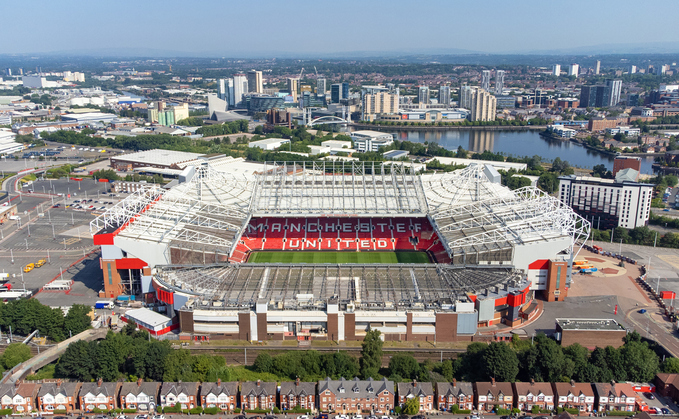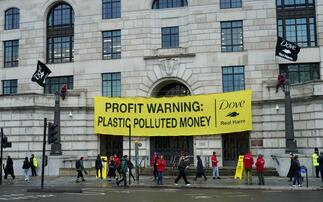Credit: iStock
Each of England's 20 top flight clubs have agreed to develop a 'robust' environmental sustainability policy and assess their operational and value chain carbon emissions
England's Premier League football clubs have collectively agreed to a new set of environmental actions, which will see each club appoint a sustainability officer, develop a robust sustainability policy, and assess greenhouse gas emissions across their operations and wider value chains.
The Premier League Environmental Sustainability Commitment sets out four key actions that all 20 of its clubs have agreed to deliver over the next two years, with a view to developing a common framework for further climate and environmental action across England's top division going forward.
The Commitments state that each club must develop a "robust environmental sustainability policy" by the end of the 2024/25 season, as well as a greenhouse gas dataset covering Scopes 1, 2 and 3 emissions by the end of the following season in 2026.
Thereafter, the Premier League and its clubs have agreed to work towards the adoption of a standardised, football-wide approach to measuring emissions, it said.
Each club also agreed to designate a senior employee to lead their environmental sustainability activities, and to work to help develop a common framework for action via the Premier League's Sustainability Working Group.
The Premier League said the measures had been developed following "extensive" consultation with clubs and its sustainability working group, which was first established last year to help shape and inform environmental practices across the division.
Clubs agreed to adopt the new sustainability pledges after a two-day meeting that took in discussions over a range of issues.
In a statement on Friday, the Premier League said the Commitment "introduces a minimum standard of action on environmental issues" that would "build on existing action made by clubs to reduce their environmental impact and provide a foundation to underpin long-term environmental ambitions".
The Premier League claims to be the most watched football division in the world, estimating around one billion households worldwide watch its matches and wider coverage across 188 countries.
However, England's top football clubs have faced increasing scrutiny over their environmental and climate impacts in recent years, with fan groups and campaigners criticising the widespread use of private jets to fly teams relatively short distances to games they claim could have been taken by coach or train.
The Premier League has itself committed to achieving net zero emissions by 2040, and earlier this month said in a statement it was "finalising an environmental sustainability strategy which will set out plans to deliver climate action".
"As part of this strategy, the League will continue to engage with clubs and current partners to find practical ways of reducing football's environmental impact," the statement added.
Football has also fallen under the climate spotlight internationally, with the 2022 World Cup in Qatar estimated to have had the highest carbon footprint in the competition's history.
The expanded 2030 event will also see fans travel to watch matches across six different countries spanning three continents, which experts have argued is at odds with international football governing body FIFA's stated climate commitments.
Don't forget to get your entries in for this year's UK Green Business Awards ahead of the March 1st deadline.









